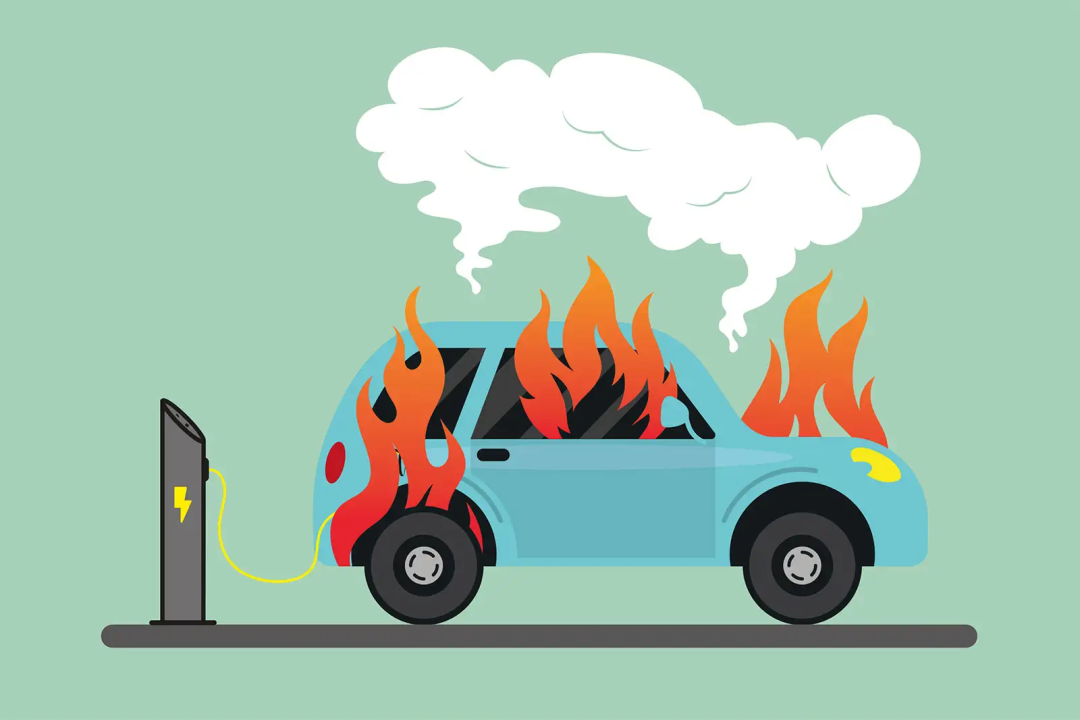As the world transitions towards greener and more sustainable transportation options, electric cars have gained significant popularity. However, with the rise in electric vehicle (EV) adoption, concerns about safety, specifically related to the charging process, have emerged. In this article, we delve into the critical aspect of “Electric Car Charging Fire Risk Assessment” to understand the potential hazards and explore safety measures.
Navigating Safety Challenges: Electric Car Charging Fire Risk Assessment
Understanding Electric Car Charging Fire Risk Assessment: Electric vehicles operate on advanced battery technologies, making the charging process crucial for their functionality. The Electric Car Charging Fire Risk Assessment involves a comprehensive evaluation of potential fire hazards during the charging process. This assessment considers factors such as charging infrastructure, battery technology, and electrical systems to ensure a safe charging experience for EV users.
Common Risks and Mitigation Strategies:
- Overheating and Overcharging: The risk of overheating and overcharging can lead to battery malfunctions, increasing the likelihood of a fire. Proper charging station design and advanced battery management systems are crucial in mitigating these risks.
- Faulty Charging Equipment: Outdated or faulty charging equipment can pose a significant fire risk. Regular maintenance and adherence to safety standards in the manufacturing of charging stations are essential to prevent equipment-related incidents.
- Electrical System Issues: Issues within the electrical systems, such as short circuits or power surges, can contribute to fire hazards. Regular inspections and the use of high-quality electrical components are essential to minimize these risks.
- Battery Aging: As electric car batteries age, they may become more susceptible to malfunctions. Periodic battery health checks and implementing proper charging protocols can help manage this risk.
Read too:
Safety Measures for Electric Car Charging:
- Regular Maintenance Checks: Routine maintenance checks on both electric vehicles and charging infrastructure can identify potential issues before they escalate.
- Adherence to Safety Standards: Strict adherence to safety standards in the manufacturing and installation of charging equipment ensures a reliable and secure charging environment.
- Smart Charging Solutions: Implementing smart charging solutions with advanced monitoring capabilities can detect anomalies in real-time, allowing for immediate response and risk mitigation.
- Public Awareness and Education: Educating EV users about safe charging practices and the importance of reporting any abnormalities can contribute significantly to overall safety.
Read too:
Conclusion:
As electric cars become an integral part of our daily lives, ensuring the safety of their charging process is paramount. The “Electric Car Charging Fire Risk Assessment” serves as a crucial tool in identifying and mitigating potential hazards. By understanding the risks involved and adopting safety measures, we can pave the way for a safer and more sustainable future of electric transportation.
